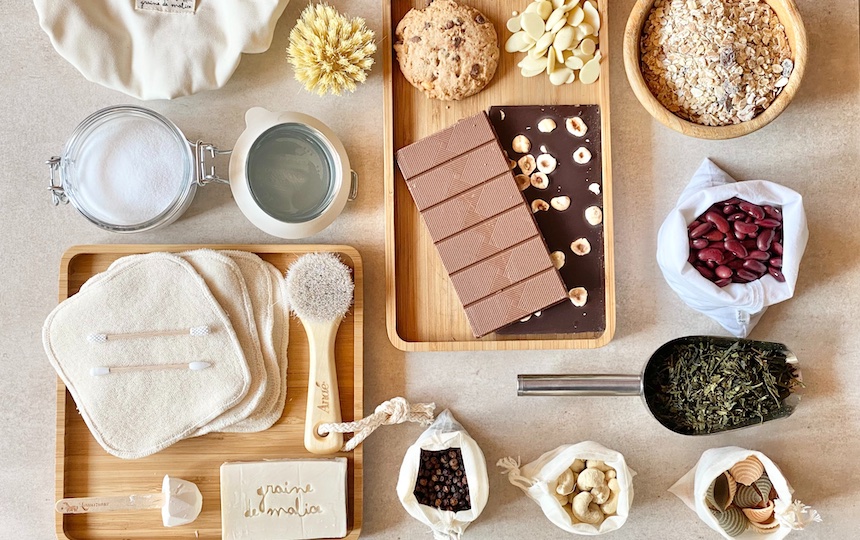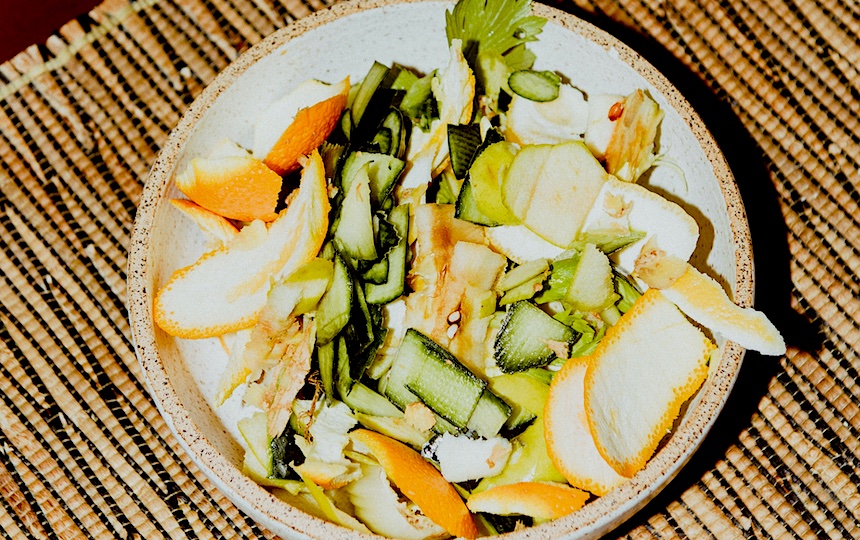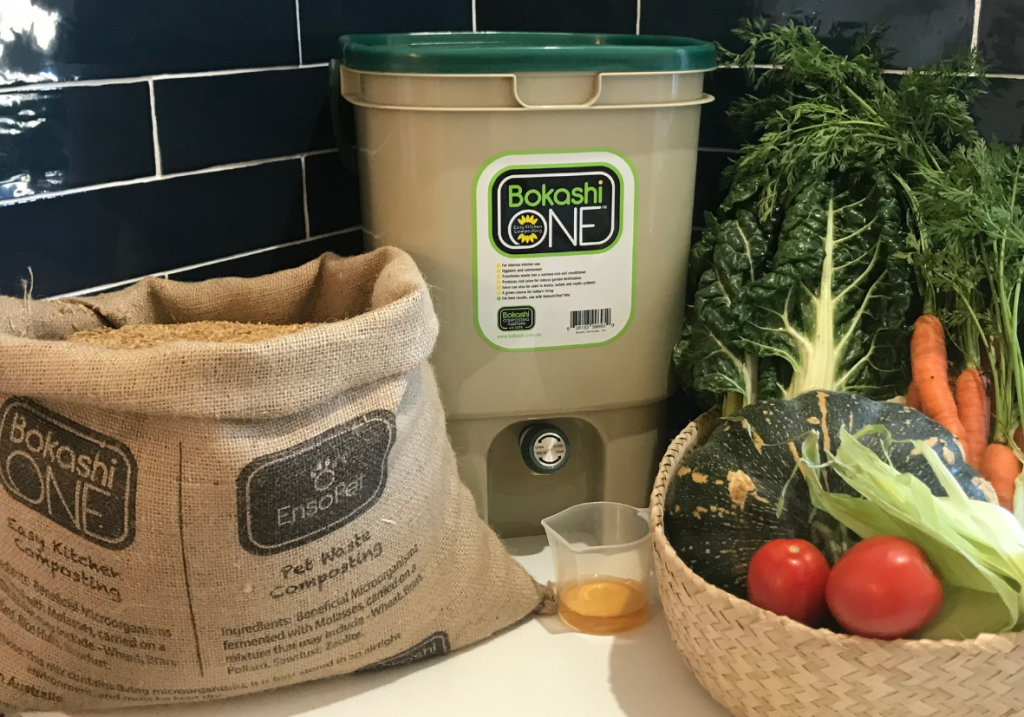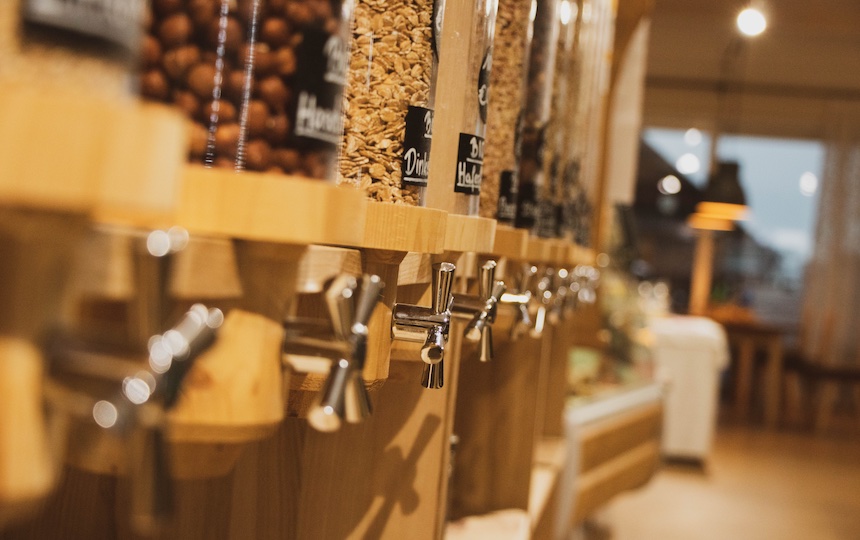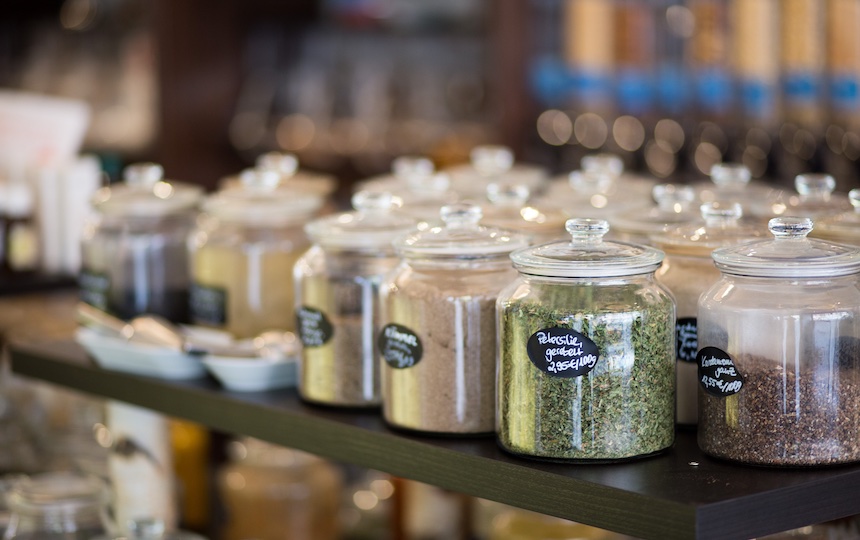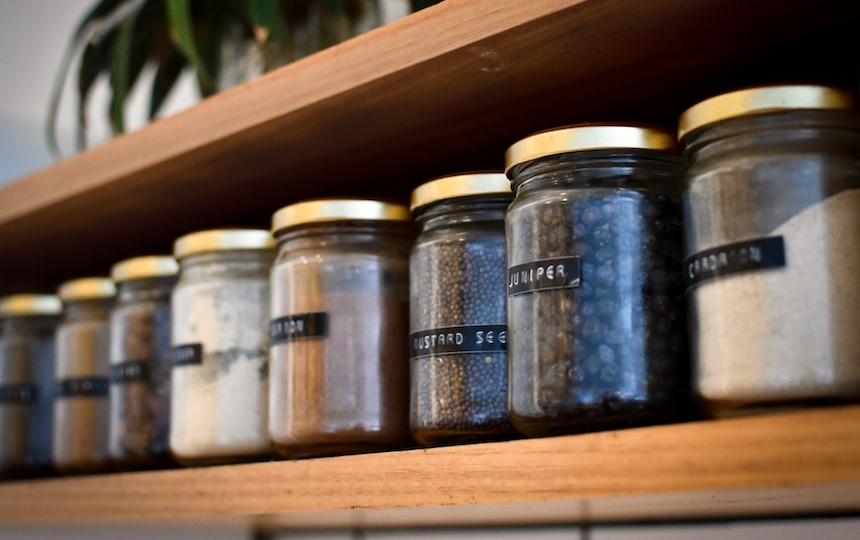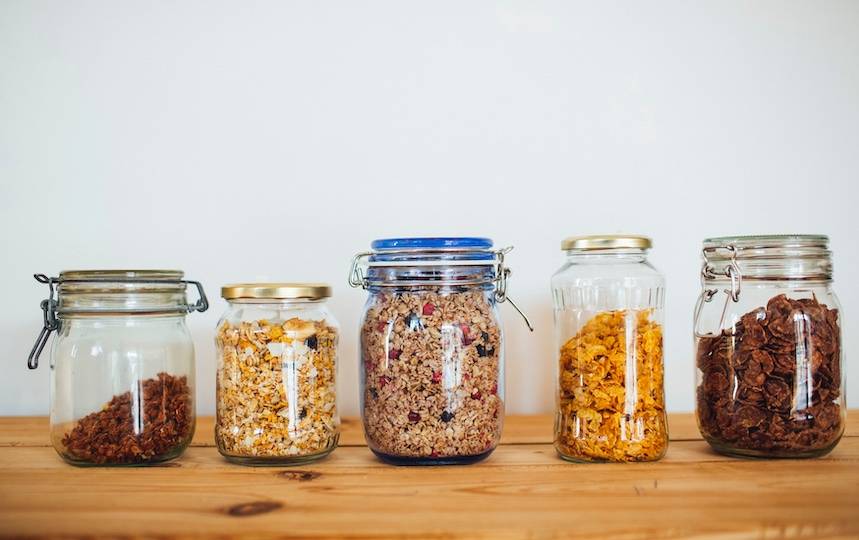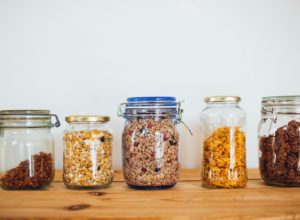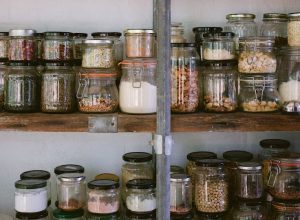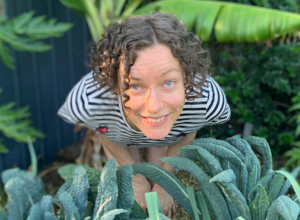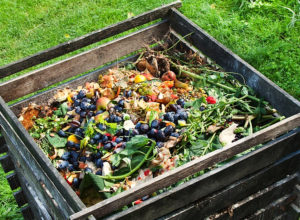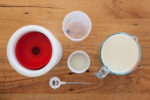Just starting out on your zero waste living journey? We show you the first three steps you need to take.
Recently committed yourself to zero waste living for the good of the planet? Unsure what the first steps are to take on your zero waste journey? Confused about which areas you should tackle first, and how to adopt zero waste practices without driving your families and friends mad? We’re here to help…
If you’re ready to take the first step in your journey to zero waste living, here is where you should start.
Decide how you will dispose of your food waste
Without a doubt, one of the key components to zero waste living is dealing with your food waste.
According to the NSW Environment Protection Authority (EPA), 35% of the average Australian household bin is food waste.
There are a number of reasons why that figure is so high. We cook (or buy) too much food, leftovers go uneaten, food is mistakenly thrown out before the use by date, we buy food items we already have in the pantry/fridge, we don’t stick to a shopping list and… we’re lazy (we’ve all been guilty of ordering UberEats instead of cooking the food we’ve already bought at one time or another!).
Unfortunately, when that food waste hits landfill it emits a greenhouse gas known as methane, which is more potent than the carbon pollution that comes out of your car exhaust. Who knew?!
In order to divert your own food waste from landfill you will need to decide on the best method of disposing of it.
You essentially have three options: a Bokashi bin, a worm farm or a composting bin/pile. We weigh up the pros and cons of each of these three options in detail here. Also check out your local council’s composting initiatives. You may be eligible for discounts on equipment depending on which council you reside in.
Don’t have the space to set up your own composting system? You can donate your food scraps via ShareWaste, a website which connects people to others in their local area who are happy to receive food waste for their own composting purposes.
Find your local bulk food store
The next step on your zero waste journey is getting acquainted with your local bulk food stores. Shopping at a bulk foods store will allow you to avoid all of the packaging that usually accompanies food purchased through a big chain supermarket.
You’ll find pretty much everything you would normally buy in plastic packaging in a supermarket at bulk food stores – pasta, rice, grains, nuts, seeds, herbs, chocolate… you get the idea.
You can also buy dish washing liquid and laundry powder, soaps and baking soda, all without unnecessary packaging.
Customers can either bring in their old containers, glass jars, bottles and reusable produce bags, or use the brown paper bags the stores provide. If you’re really organised you can weigh these containers before you leave home and write the weight on them, otherwise they will be weighed when you arrive at the store.
There are plenty of bulk food stores around. The Source, for example, has 60+ stores around Australia. While the lion share are located in inner-city areas of Australia’s capital cities, there are several regional stores in areas like Traralgon and Ballarat in Victoria, Byron Bay (where The Source originated) and Wagga Wagga in New South Wales.
There are plenty of other options though. Try using this handy bulk food stores locator here. Just punch in your postcode and stores will pop up in your area.
Take your own containers… everywhere
Zero wasters are near on obsessed with their glass jars/containers. You don’t need to outlay a huge chunk of change on fancy mason jars though. Head to your local op shop to stock up, or reuse any jars of store-bought sauces and spreads you may currently have in your pantry once you’ve finished them.
You can also ask friends and family to put aside any glass jars for you that they would normally dispose of.
Anywhere you would normally buy food that would be packaged in plastic takeaway containers, such as a deli (even a supermarket deli) you can take in your own container.
It’s unlikely you’ll be met with resistance when you hand glass containers over. If the person serving you looks a little puzzled try making a joke (we find, “I’m saving the world one plastic container at a time!” works well).
You can hand over glass jars/containers for olives, cheese, takeaway coffee (when you’ve left your reusable coffee cup at home), and even ice cream.
Read Part 2 of our Zero Waste Living Series here and Part 3 here.

